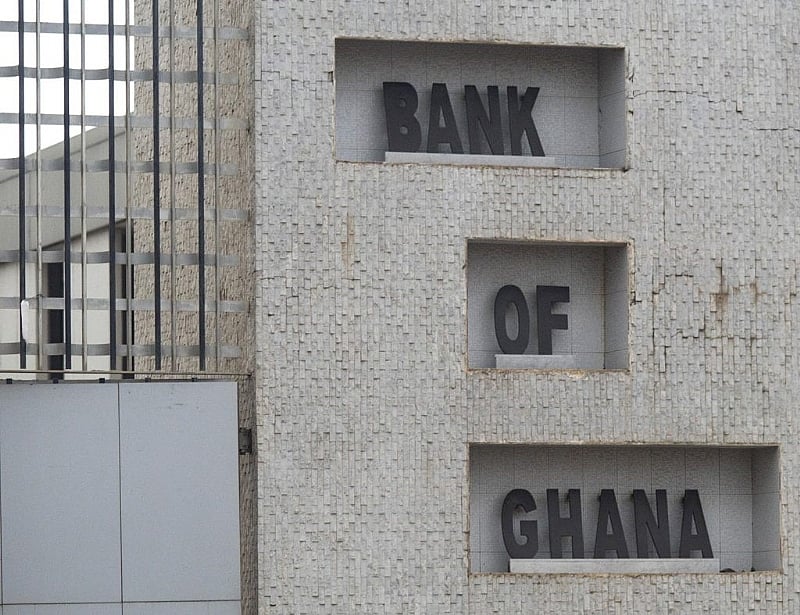The Bank of Ghana (BoG) has issued a stern warning to the public against engaging with two digital financial service providers, YellowPay and HanyPay, due to their unauthorized operations within the country. YellowPay, a product of Yellow Card Financial Inc., has been promoting itself as a provider of digital payment services, cryptocurrency trading, and cross-border remittance solutions, all of which require licensing under the BoG’s regulatory framework. Despite offering services that allow users to send and receive electronic money, convert stablecoins to local currency, and facilitate cross-border payments, Yellow Card Financial Inc. has not obtained the necessary authorization from the Bank of Ghana. This unauthorized operation poses a significant risk to consumers and the stability of the Ghanaian financial system. The BoG’s warning emphasizes the importance of utilizing only licensed and regulated financial service providers to protect against potential fraud and other financial risks.
Adding another layer to this concerning situation is YellowPay’s partnership with HanyPay, a platform claiming to be licensed by the so-called Africa Diaspora Central Bank (ADCB). The BoG explicitly states that it does not recognize the ADCB as a legitimate central bank, rendering HanyPay’s claimed license invalid. This collaboration reportedly involves the development of a new stablecoin, AKL Lumi, intended for global digital finance. However, HanyPay, like YellowPay, lacks the necessary authorization to operate within Ghana, further solidifying the Bank of Ghana’s concerns about the legitimacy and safety of these platforms. The BoG’s warning serves as a crucial reminder of the risks associated with engaging with unlicensed entities operating in the digital financial space.
The Bank of Ghana’s caution highlights the importance of its regulatory role in safeguarding the financial system. By identifying and publicly warning against unauthorized operators like YellowPay and HanyPay, the BoG aims to protect consumers and ensure the stability of the financial landscape. The central bank’s proactive approach to regulating digital financial services underscores its commitment to maintaining a secure and trustworthy financial environment. This proactive stance is crucial, particularly with the increasing prevalence of digital financial services and the associated risks.
The warning issued by the BoG underscores the potential dangers associated with engaging in unregulated financial activities, especially those involving cryptocurrencies and digital payments. The unregulated nature of these platforms leaves consumers vulnerable to potential fraud, scams, and loss of funds without recourse. Furthermore, the lack of oversight allows these platforms to operate outside established legal frameworks, potentially facilitating illicit activities and undermining the integrity of the financial system. The BoG’s warning serves as a critical reminder to exercise caution and due diligence when considering participation in digital financial activities.
The BoG’s directive to financial institutions, the general public, and all stakeholders to refrain from conducting business with YellowPay and HanyPay emphasizes the severity of the situation. By explicitly forbidding any interactions with these unauthorized entities, the Bank of Ghana aims to mitigate the potential risks they pose to the financial system and protect consumers from potential harm. This directive signals a strong stance against unregulated operations and reinforces the importance of adhering to established regulatory frameworks within the financial sector.
This incident serves as a cautionary tale, highlighting the critical importance of verifying the legitimacy and regulatory status of any financial service provider before engaging in transactions. Consumers should exercise caution and confirm that any digital financial platform they use is appropriately licensed by the relevant authorities. The BoG’s proactive approach to regulating the digital financial space underscores the evolving nature of financial services and the need for constant vigilance to ensure consumer protection and the stability of the overall financial system. This vigilance is particularly crucial in a rapidly evolving digital landscape, where new technologies and platforms can emerge quickly, presenting both opportunities and risks.














